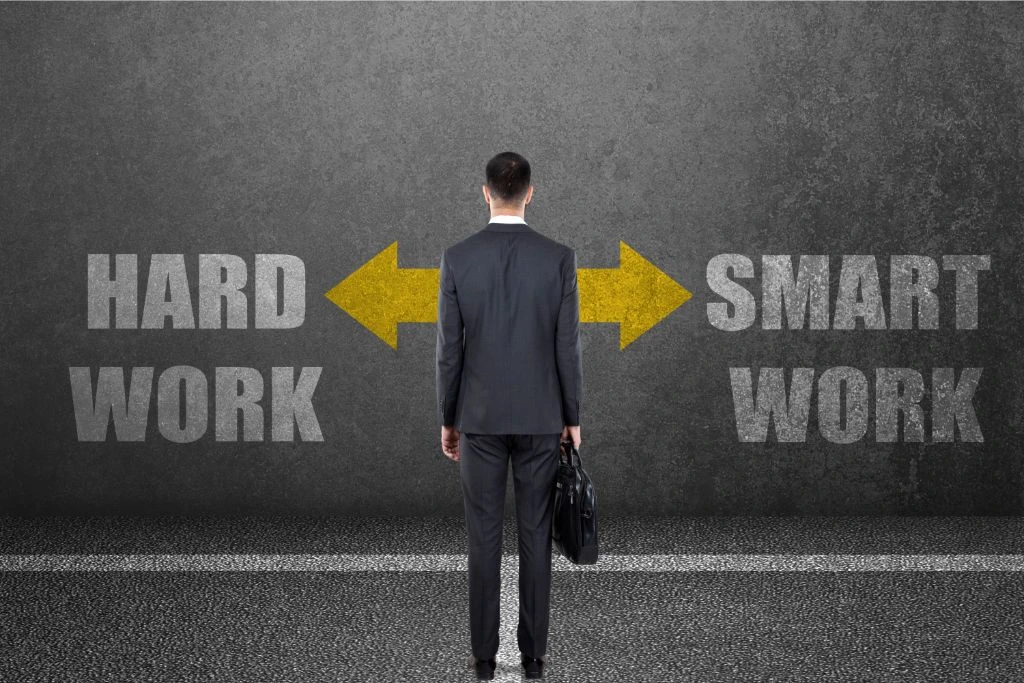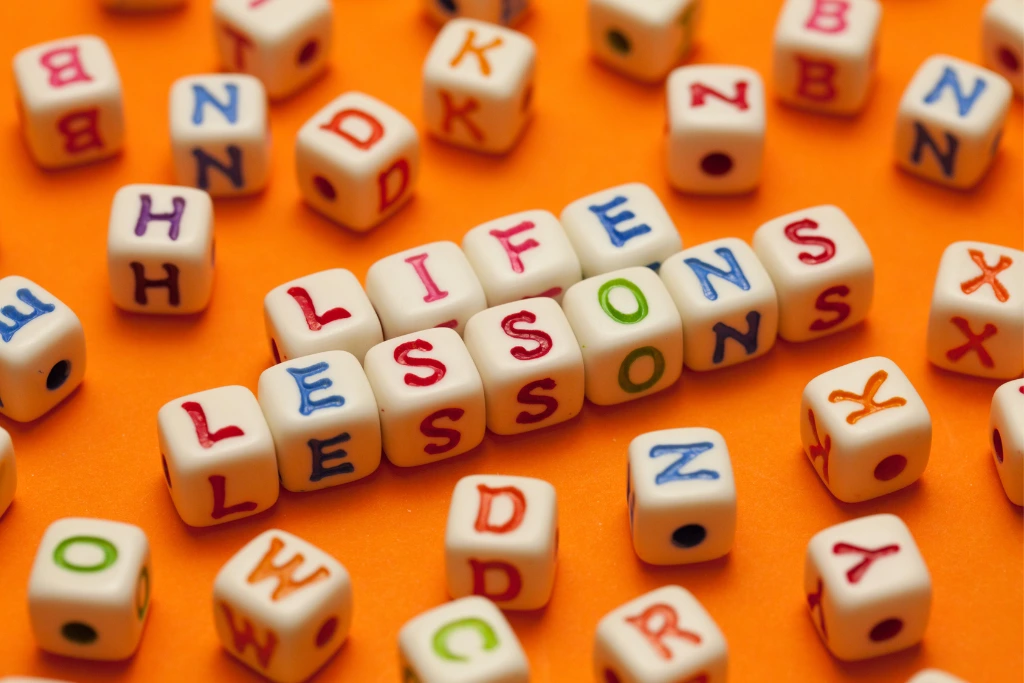
In the past, if you put in the longest hours for your company, you could be assured of a seat on their executive floor. Nowadays, it’s all about efficiency. As more and more reputable magazines and famous authors publish articles about the benefits of AI, there is a surge of start-ups just like BetterWorks and WorkBoard who are focusing on AI software to help make your company even more efficient. The idea is appealing to just about anyone who prefers to go home early, wear yoga pants and Netflix. Keep reading for tips on how to:
1. Protect the Time When You Do Your Best Work.
Some people prefer to work in the morning, while others feel more productive at night. “Identify what time of day is most productive for you,” says Hallie Crawford, an Atlanta, GA certified career coach. “Think about times when you were working on a project and everything was flowing really well, or when you typically were more alert in classes in college. Then, block off that time each day for the projects that require your focus and creativity, even if that means you have to ask to reschedule a meeting or two.
2. Read Emails Actively, Not Passively.
As the CEO of Geben Communication, Heather Whaling says not to peak through your inbox and answer the emails you’ve received later. Instead, it’s best to attack each email as soon as you open it so that you’ll be able to take one of four actions: 1) Delete it. 2) If it isn’t addressed to you, forward this email to the appropriate person. 3) Answer, if you can finish in 4 minutes or less. 4) If it needs a more thoughtful response, schedule it. “This way, you’ll get to the elusive ‘inbox 0,’” Whaling says, and you’ll have a better understanding of how long it will take you to finish your whole list of tasks.
[Related: How To Get Important People To Respond to Your Emails]
3. Block Your Blinders.
“We live in a world of shiny objects — incessant phone notifications, calendar reminders, and 50 computer tabs open at the same time. We think we’re ‘multitasking,’ but really we’re self-interrupting,” says Amanda M. Orson, director of communications at EngineerJobs.com. Gloria Mark, a professor within the department of informatics from The University of California, Irvine revealed that when you’re interrupted at work, it takes an average of 23 minutes and 15 seconds to get back on track. Commit to finishing one task without distractions and resist the urge to check email, shop online, or answer texts.
4. Prioritize, Prioritize, Prioritize.

At the end of the day, take stock of any items you can work on tomorrow and plan your top priorities for the next day. Ask yourself, “If I could only accomplish five tasks tomorrow, [which] five would give me the highest payoff?” suggests Frank Buck, who runs a consulting firm in Pell City, AL. This approach is a key part of work smart not hard strategies for productivity and success.
5. Surface Your Strengths.
“Focus on what you do best, and delegate the rest,” says Jan Yager, a business consultant, and career coach, with six published books about time management and productivity. “If you’re the idea person, that’s what you should be focusing on. You can find others to do the more administrative parts of your job, but you need to focus the majority of your time on generating ideas,” she says.
6. Take Care of Yourself (Because No One Else Will!).
Too much work without breaks will sooner or later lead to exhaustion or burnout. It’s better to occasionally allow yourself the luxury of pauses – take a walk outside, enjoy a cup of tea or whatever you like doing that relaxes and restores your energy, says Paula Rizzo, founder of the productivity site ListProducer.com. Rewarding yourself will help you finish strong.









